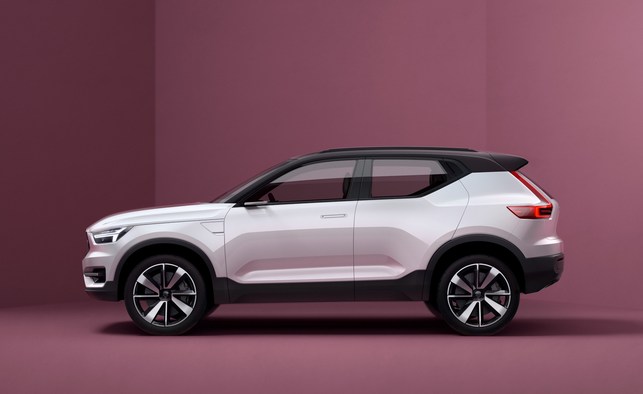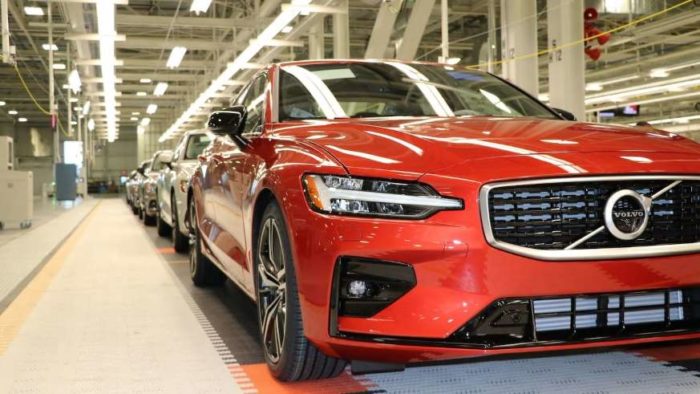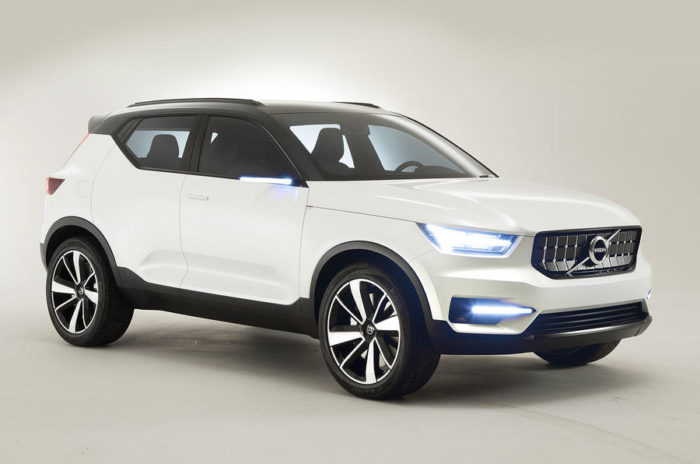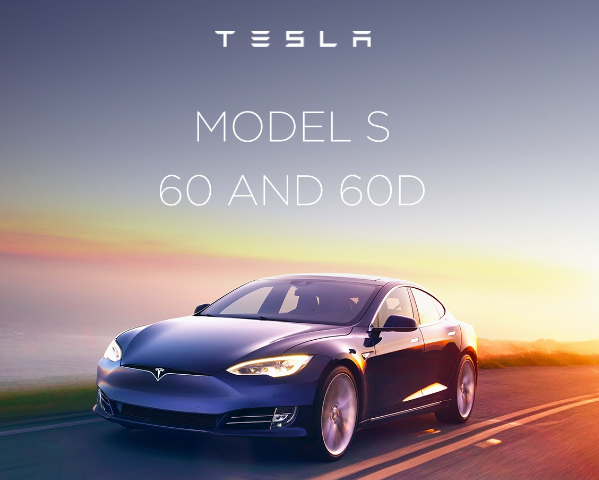Now Reading: Volvo looks forward to long-range electric vehicle for 2019
-
01
Volvo looks forward to long-range electric vehicle for 2019
Volvo looks forward to long-range electric vehicle for 2019

The electric vehicle that Volvo has long prepared for 2019 could sign up with a growing group of long-range, mass-market models such as the Chevrolet Bolt EV, the upcoming Tesla Model 3, and the second-generation Nissan Leaf.
The Swedish car manufacturer has focused on plug-in hybrids for the most part so far, however prepares to introduce a production electric automobile in 2 years.
That vehicle will have a range of a minimum of 200 miles, and a starting cost of $35,000 to $40,000, Volvo Cars U.S.A CEO Lex Kerssemakers informed reporters.
Those range and price targets are a “prerequisite” for the Volvo electric car to be successful in the U.S., Kerssemakers informed Automotive News.
It’s uncertain if the 250-mile range that he quoted on the sidelines of the latest 2017 Geneva Motor Show was determined on the U.S. EPA screening cycle, or a lot more positive European Union NEDC procedure.
The latter appears most likely, in which case a comparable U.S. EPA figure would be lower– likely somewhere about 200 miles.
While Kerssemakers appeared determined about the range and cost figures he quoted, other aspects of the electric vehicle are apparently still up in the air.
Volvo has not even chose whether the electrical vehicle will be a devoted or a variant of an existing model, according to Automotive News– making a 2019 launch a really fast development for sure.
Whatever form it takes, the Volvo electric vehicle will utilize one of the two modular platforms that will underpin practically all of the automaker’s brand-new models henceforth.
The Swedish brand will offer its all-electric designs along with a growing range of plug-in hybrids, which it has provided in Europe from 2012.
The car manufacturer’s T8 “Twin Engine” powertrain– based around a 4-cylinder fuel engine with four-wheel drive– is presently utilized in the XC90, S90, and V90.
Volvo likewise prepares to release a front-wheel drive plug-in hybrid powertrain with a 3-cylinder engine for designs based on the CMA platform.
These models will add to Volvo’s goal of offering a total of 1 million electrical vehicles and plug-in hybrids by 2025.
Stay Informed With the Latest & Most Important News
Previous Post
Next Post
-
 01Polestar Boss Says It’s Time To Outrun BMW M And Mercedes-AMG
01Polestar Boss Says It’s Time To Outrun BMW M And Mercedes-AMG -
 02Spy Shots: 2027 Mitsubishi Pajero Spotted in Testing Ahead of Possible U.S. Return
02Spy Shots: 2027 Mitsubishi Pajero Spotted in Testing Ahead of Possible U.S. Return -
 032026 Toyota Hilux EV: A Powerful Truck with Silent Torque
032026 Toyota Hilux EV: A Powerful Truck with Silent Torque -
 04Spy Photos: VW ID. Polo GTI Goes Electric with 223 HP and 280 Miles of Range
04Spy Photos: VW ID. Polo GTI Goes Electric with 223 HP and 280 Miles of Range -
![2027 Mercedes-Benz S-Class Debuts with V8 Engine [Photo Gallery]](https://speedlux.com/wp-content/uploads/2026/01/2027-Mercedes-Benz-S-Class-33-155x125.jpg) 052027 Mercedes-Benz S-Class Debuts with V8 Engine [Photo Gallery]
052027 Mercedes-Benz S-Class Debuts with V8 Engine [Photo Gallery] -
 06The Controversial Ford Voodoo V8 That Was Killed Off Too Early
06The Controversial Ford Voodoo V8 That Was Killed Off Too Early -
 07Hyundai Palisade’s Breakout Year Shows How Quickly the Market Can Turn
07Hyundai Palisade’s Breakout Year Shows How Quickly the Market Can Turn



![2027 Mercedes-Benz S-Class Debuts with V8 Engine [Photo Gallery]](https://speedlux.com/wp-content/uploads/2026/01/2027-Mercedes-Benz-S-Class-33-700x394.jpg)











































